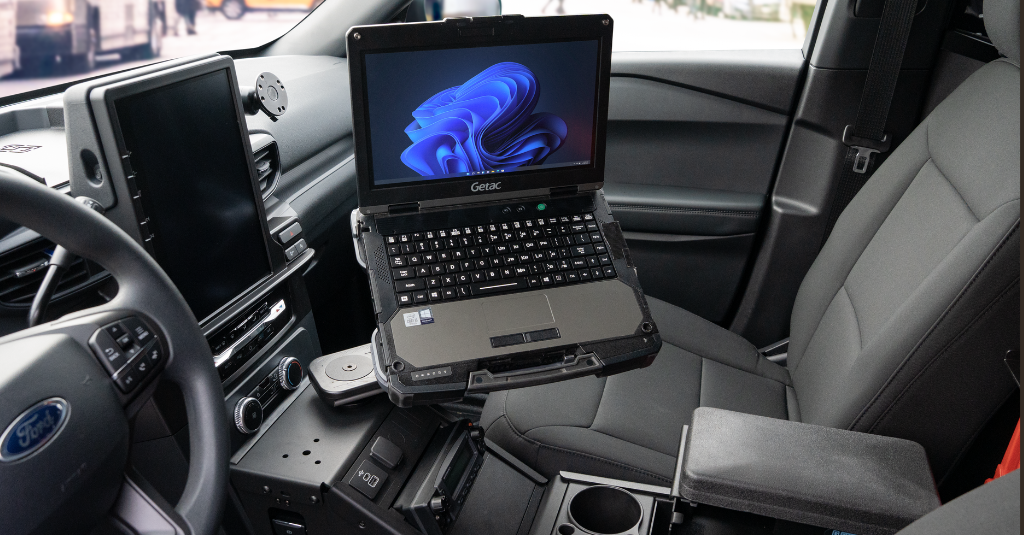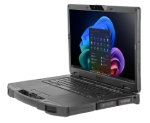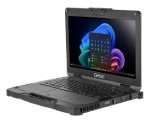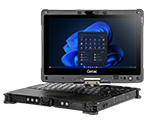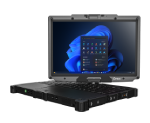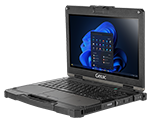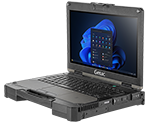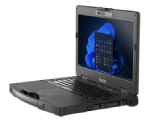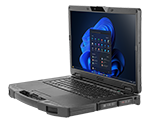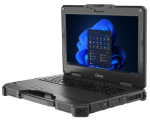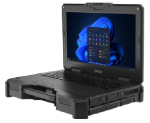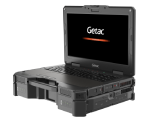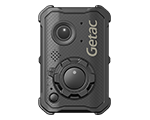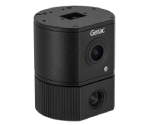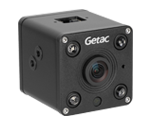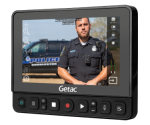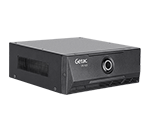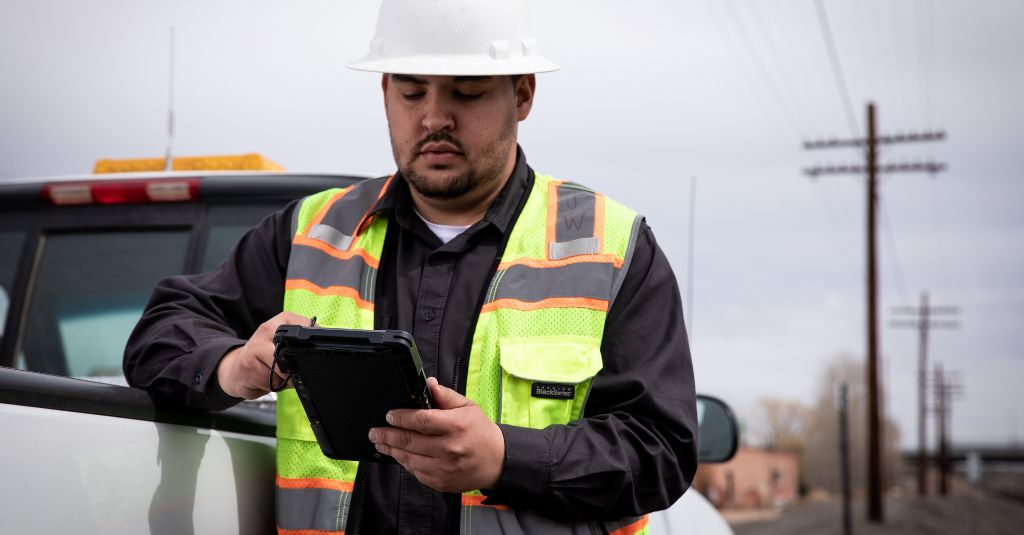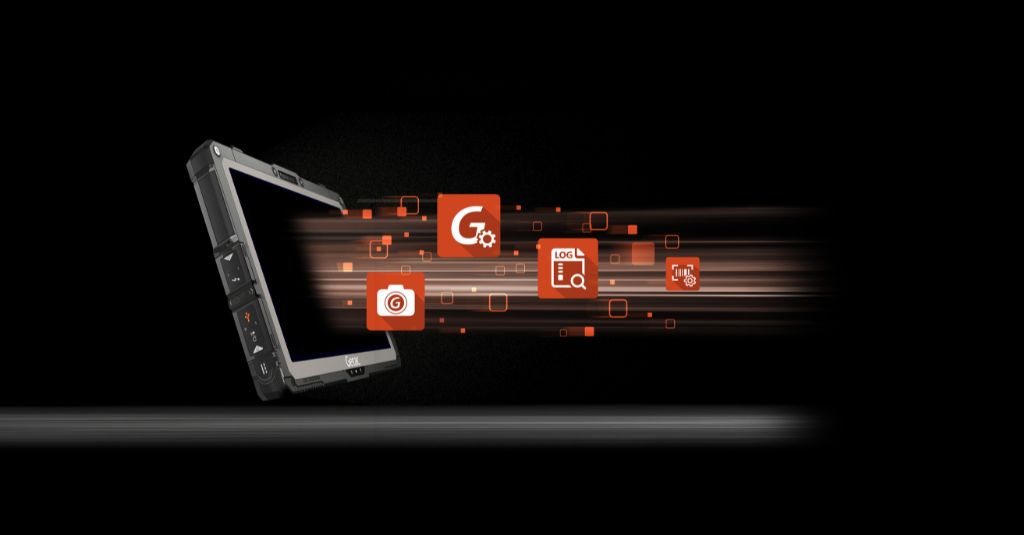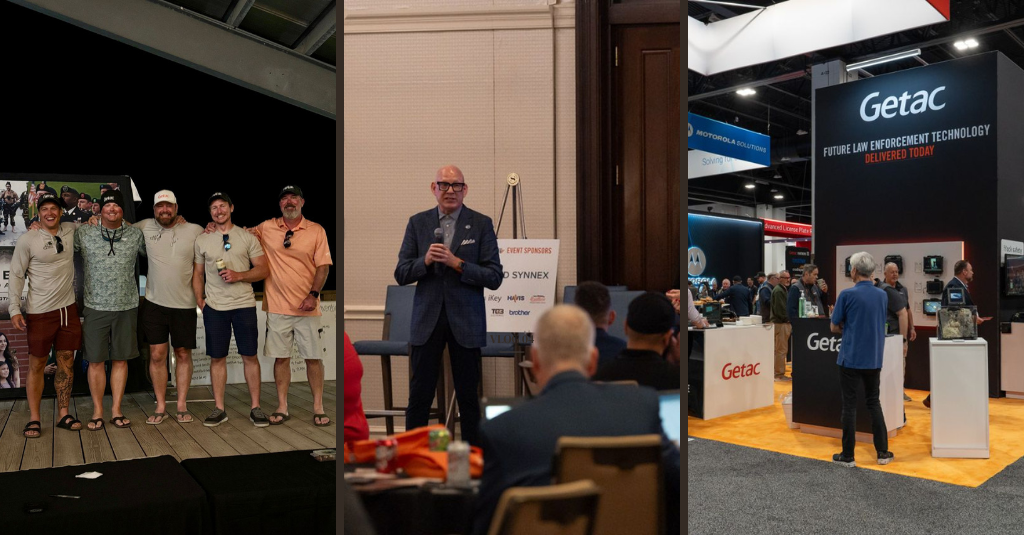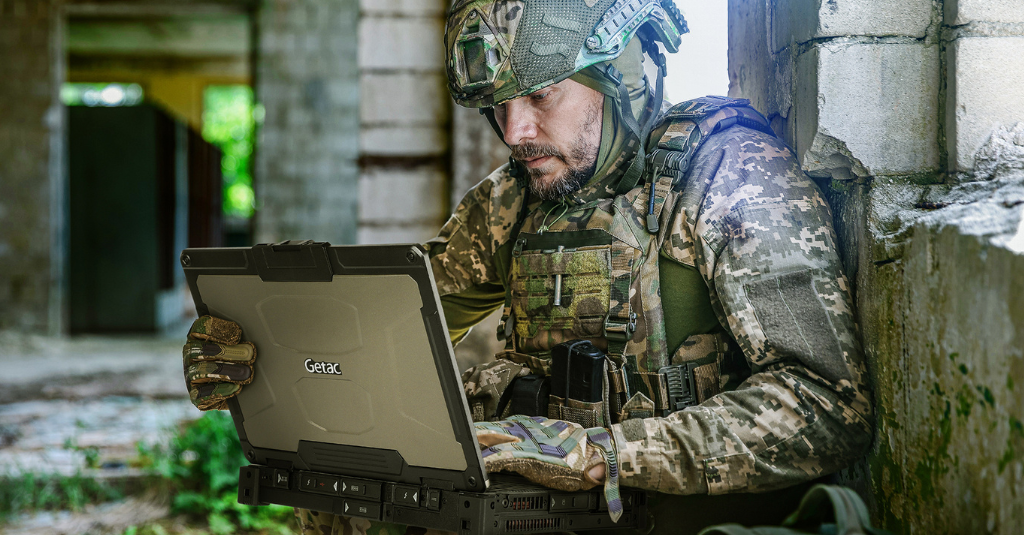Extending the Tech Lifecycle: From Three Years to Five
One of the most powerful effects of a robust warranty isn’t just saving on repairs. It’s delaying the need to refresh equipment. In most organizations, hardware refresh cycles typically align with the end of manufacturer warranties, which are usually three years, regardless of whether the hardware requires replacement. Without warranty coverage, devices are deemed too risky to maintain, and utility companies schedule a complete fleet replacement.
Getac’s five-year bumper-to-bumper protection changes that. By maintaining comprehensive coverage two years longer than competitors, Getac enables organizations to safely extend their refresh cycle to five years without compromising reliability or performance. Many Android rugged devices, running on the Android operating system, are designed for extended lifecycles and durability in demanding environments. Stretching the rugged device’s useful life to five years reduces the annualized cost and boosts uptime accordingly.
Industry Standards for Rugged Devices
Rugged devices are held to strict industry standards to guarantee device performance in the most demanding environments. One of the most recognized benchmarks is the ingress protection (IP) rating, which measures a device’s resistance to dust and water ingress. For example, a device with an IP67 rating is completely sealed against dust and can withstand immersion in water up to one meter deep for 30 minutes, providing essential water protection for field operations.
Another critical standard is MIL-STD-810G, a military specification that requires devices to pass a series of tests simulating real-world environmental conditions, including high altitude, low pressure, extreme temperatures, shock, vibration, and more. Rugged device manufacturers must ensure their devices are tested and certified to these standards, which means businesses can trust that their devices will perform reliably in harsh environments. By choosing devices that meet or exceed these certifications, organizations can be confident that their technology investment will withstand the challenges of daily field use and deliver consistent, dependable performance.
The Rugged Devices That Make It All Possible
None of these benefits would matter if the devices themselves couldn’t handle the harsh field conditions. Getac’s rugged design philosophy is reflected in its mobile devices, which are tested to selected MIL-STD-810H procedures and IP67 standards. This testing helps support durability and reliability under challenging conditions commonly encountered in utility operations.
In practical terms, that means a Getac tablet can:
- Survive drops from six feet onto concrete
Operate in -29°C to +63°C
Withstand rain, snow, and mud
Deliver complete visibility in direct sunlight
Run a full shift with hot-swappable batteries
Provide drop protection and withstand drops, with devices passed military specification (MIL-STD-810H) and tested for compliance with rigorous standards
Getac devices offer a wide range of configuration settings and features, including customizable application settings, GPS, antenna options, barcode scanning, touch modes, and night mode, to optimize productivity and performance in demanding environments. Many rugged mobile devices and business rugged devices offer ingress protection, ingress protection rating, dust and water resistance, dust resistance, and protection against liquid ingress, making them suitable for the most rugged devices used in harsh environments.
Ruggedly designed tablets are essential for utility and industrial applications, providing high performance and meeting military-grade standards for use in harsh environments. Ruggedized screens, sealed ports, and glove-compatible touch functionality protect the device and critical data from environmental hazards, making Getac’s devices ideal for utility applications that frequently expose them to harsh environments.
Users also benefit from hardware stability across technology generations, meaning docks and accessories often remain compatible even through multiple refreshes. That continuity minimizes retraining, cuts accessory costs, and simplifies procurement over time.
Real world usage varies, so it is important to select rugged mobile devices that have been rigorously tested to ensure reliable performance in diverse and challenging environments.
Fully Rugged Devices for Demanding Utility Applications
Fully rugged devices are engineered specifically for the unpredictable and often punishing conditions faced by utility teams. Built to withstand extreme temperatures, these devices excel in environments where exposure to snow, ice, or excessive heat is routine. Their robust construction resists moisture, dust, and vibration, ensuring consistent performance even in the harsh environments. Rugged Android devices, in particular, are well-suited for utility teams due to their durability and industry-specific features that address the unique challenges of fieldwork.
“Fully rugged” devices are unique in their incorporation of rugged design features into the device rather than features that are added later. Equipped with advanced security features, they provide the highest level of security for sensitive information and maintain data integrity, which is essential for utility operations that handle critical infrastructure data. This level of protection ensures that utility teams can operate with confidence, knowing their devices are secure against both environmental and digital threats.
The benefits of fully rugged devices extend beyond durability and security. They drive productivity by enabling reliable data collection in the field, reducing the need for repeated site visits or manual data entry. Their compact and lightweight design, along with integrated GPS, makes them easy to carry and use, even in remote or challenging locations. Real-time connectivity allows for seamless communication and collaboration, keeping teams connected and operations running smoothly.
For utility workers operating in extreme environments—whether on construction sites, oil rigs, or during emergency response—fully rugged devices are essential. They not only withstand harsh conditions but also help reduce maintenance costs and downtime, delivering a clear return on investment for utility organizations.
A Strategic Fit for Utility Operations
Getac leverages its 35-year legacy of designing devices for mission-critical environments to develop the best solutions for utilities applications. That background informs every aspect of their product and service offering. These rugged devices are relied upon across a wide range of industries, including military, agriculture, energy, manufacturing, and more, where durable technology is essential for maintaining operations in challenging environments.
Getac supports its rugged devices with a comprehensive ecosystem tailored to meet the specific needs of the utility industry. The support infrastructure comprises comprehensive services, including customer support, technical assistance, and integrated solutions, to ensure reliability and minimize the total cost of ownership. The support infrastructure includes:
Dedicated field engineers who understand enterprise software like SAP and Maximo
Custom software utilities like G-Utility and SmartUpdate for fleet management
Industry-specific customization, including RFID, barcode scanners, and integrated GPS
The result is a cradle-to-grave technology platform, from deployment to retirement, tailored to the way utility teams work. This full-spectrum support is intended to streamline deployment processes, reduce compatibility risks, and support improvements in workforce productivity and employee satisfaction.
Choosing the Right Rugged Device for Your Utility Team
Selecting the right rugged device is a crucial decision that can significantly impact the success of your utility operations in extreme environments. Start by assessing the specific needs of your team: consider the types of tasks they perform, the environments they encounter, and the features that will best support their workflow. Choosing the appropriate mobile device with the right durability and management features is essential for supporting utility operations in challenging environments.
Fully rugged devices are an excellent choice for demanding utility applications, offering reliable performance and protection in harsh conditions. For teams operating in the most extreme environments, ultra-rugged devices provide enhanced durability, advanced security, and superior reliability, ensuring uninterrupted operation even in the face of shock, vibration, and extreme temperatures.
Rugged laptops are ideal for mobile utility workers who need a secure, high-performance computing solution in the field. When evaluating devices, prioritize security features such as encryption and secure boot options, as well as the ability to maintain a secure connection in remote or challenging locations.
Durability and reliability are essential performance features; look for devices that can withstand harsh conditions, including exposure to dust, moisture, and extreme temperatures. Factor in the total cost of ownership, including initial purchase price, ongoing maintenance costs, and any additional fees associated with support or accessories. The right technology investment ensures that your operations remain resilient and efficient, regardless of the challenges the environment presents.
